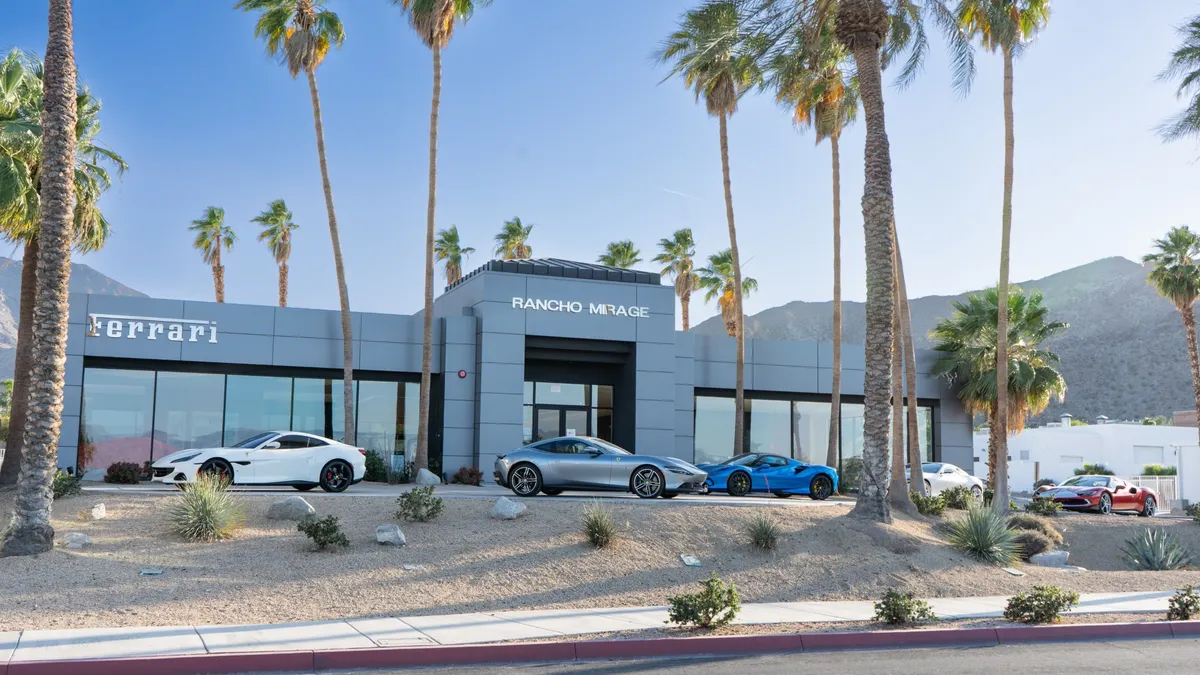Editor's note: This story is part of the WardsAuto digital archive, which may include content that was first published in print, or in different web layouts.
I was expecting this conflict more than a dozen years ago, which was the first time I began talking about it. I’m seeing dealer associations and their lobbyists getting ready for battle. And I predict this time we’re going to lose.
The Consumer Financial Protection Bureau has turned its focus on dealer finance reserve, the percentage-point amount dealers add to an auto loan’s final interest rate as compensation for arranging the financing..
Most notably dating back to the class-action suit brought against Penske’s Covington Pike Toyota in Memphis in 2003 and other cases in the 1990s, we’ve seen a series of lawsuits alleging racial discrimination concerning dealer markup of interest rates.
In the late 1990s through the mid-2000s, I wrote a number of hard-hitting articles and spoke on the subject at dozens of dealer association meetings and dealer 20-group sessions.
During most of my career in retail I was a finance and insurance manager and director with several of the largest dealerships in the country. That was my pathway to the national stage and I still teach F&I classes today as well as actually perform F&I deliveries in dealerships. I have solid credentials on this subject.
The industry has made a number of efforts to self-regulate over the years, reducing markup to somewhere around an average of 2.5% possible on any given tier-level callback.
The problem remains that it is negotiable at the F&I manager’s discretion within the lender’s guidelines. Consumers with better negotiating skills can leverage a better interest rate. It is not a matter of discriminating against anyone.
I can honestly say that over the last 37 years I’ve worked in retail I have never seen any dealership consciously or deliberately discriminate based on race or any other category.
As a retailer, we always attempted to hold and keep the highest amount of rate profit the lender allowed within the guidelines the consumer qualified for. It was never about anything more than profit consideration. It would be ridiculous to say otherwise. But there was never any other motive, despite what the federal government is suggesting.
I got a flustered message from a Toyota dealer. She quoted from a correspondence she received from her main finance provider, noting it was supplying consumer-loan information to the Consumer Finance Protection Bureau and The Department of Justice. The information involved in the inquiry was personally identifiable consumer loans and all documentation connected to the loans.
With all of this being said and done, you know the feds will be going after dealer reserve on loan rates.
Personally, I’d welcome the change. My prediction is that it will not greatly affect dealer profits in any way. I have said for a long time that a sliding-scale flat-rate payment per contract is the best and most equitable solution. Actually, it’s long overdue.
Consider if lenders were to pay dealers a non-refundable flat rate based on the dollar amount financed, say $400-$500 if the contract were up to $25,000, more if it were up to $50,000, and so on.
If you averaged the contracts on which you now make several thousand dollars with those you made nothing on, and then factored in how much was charged back, if anything, I bet it wouldn’t be that much of a loss of revenue over what you’re getting now if you made a flat payment on every contract.
That is provided the flats are generous enough. I can tell you they will be. How do I know this? Because I know bankers. I was in a dealership recently when two bank representatives were calling on the finance managers to try to talk them into sending them more business.
So lenders will aggressively compete to pay dealers the most generous flat fees. Going that route, certainly would help dealerships eliminate the appearance or suggestion of impropriety or discrimination surrounding not only auto finance but the entire sales experience.
The time has come to embrace a flat payment per contract, and get on with selling F&I products that offer value to the consumer.
Keep those emails and phone calls coming.
Jim Ziegler is president of Ziegler Supersystems as well as a trainer, commentator and public speaker on dealership issues. He can be reached at [email protected]


















